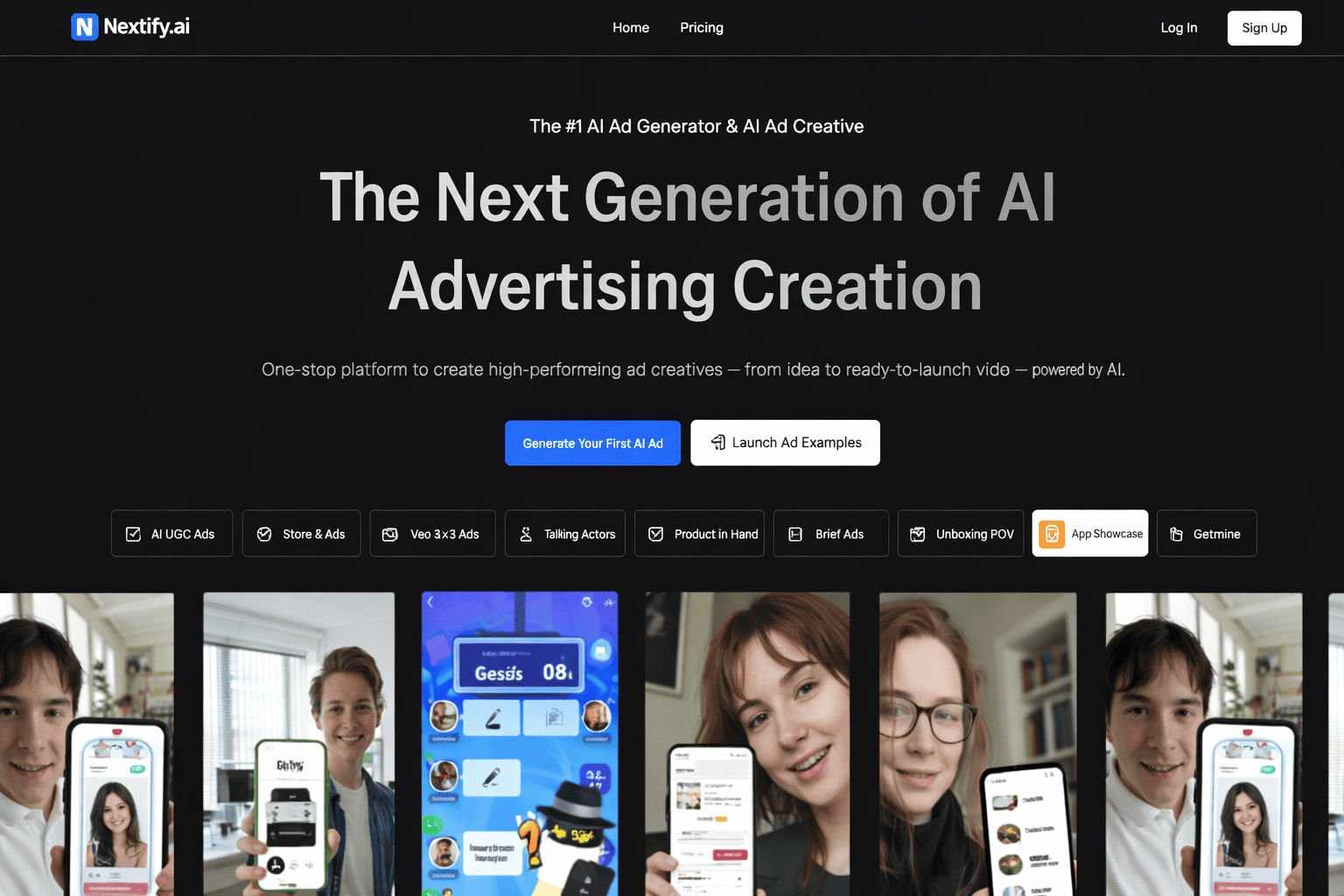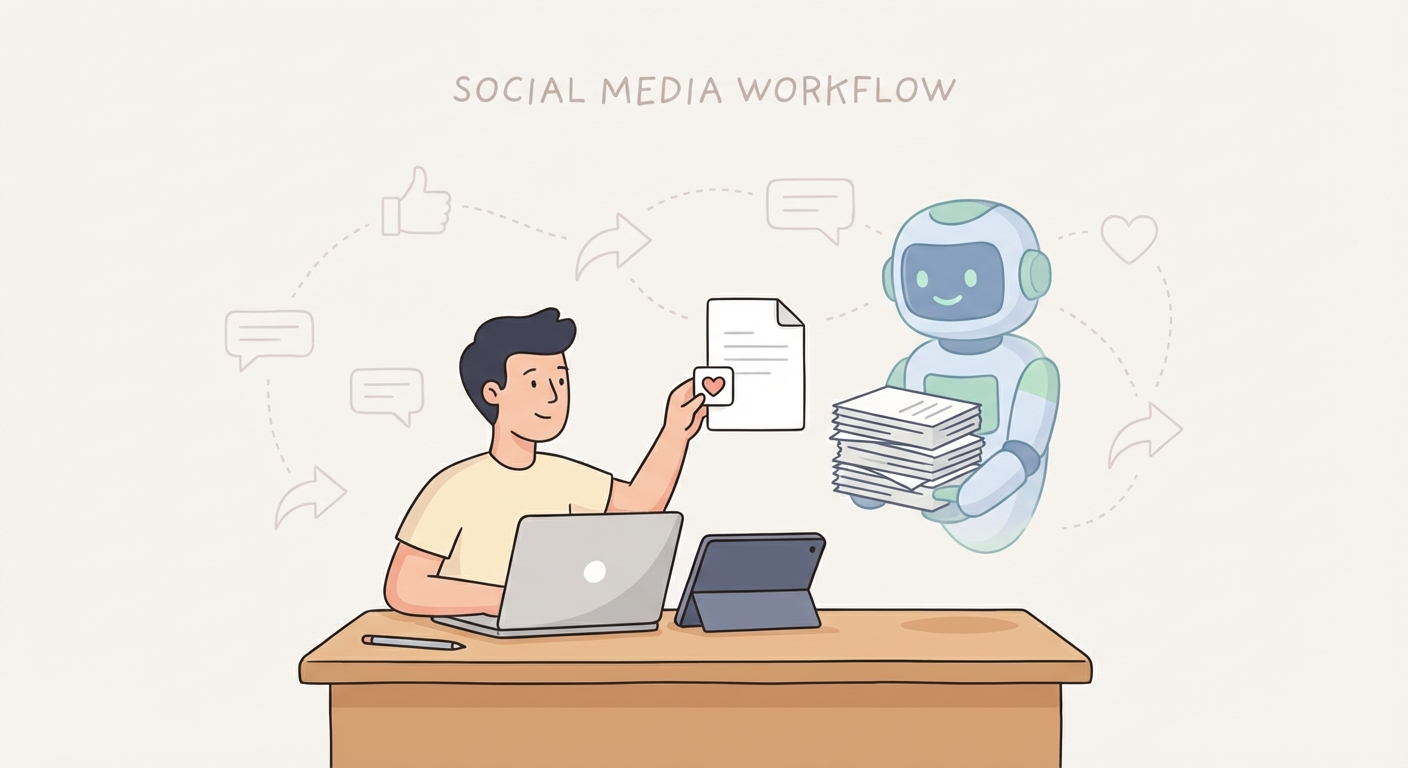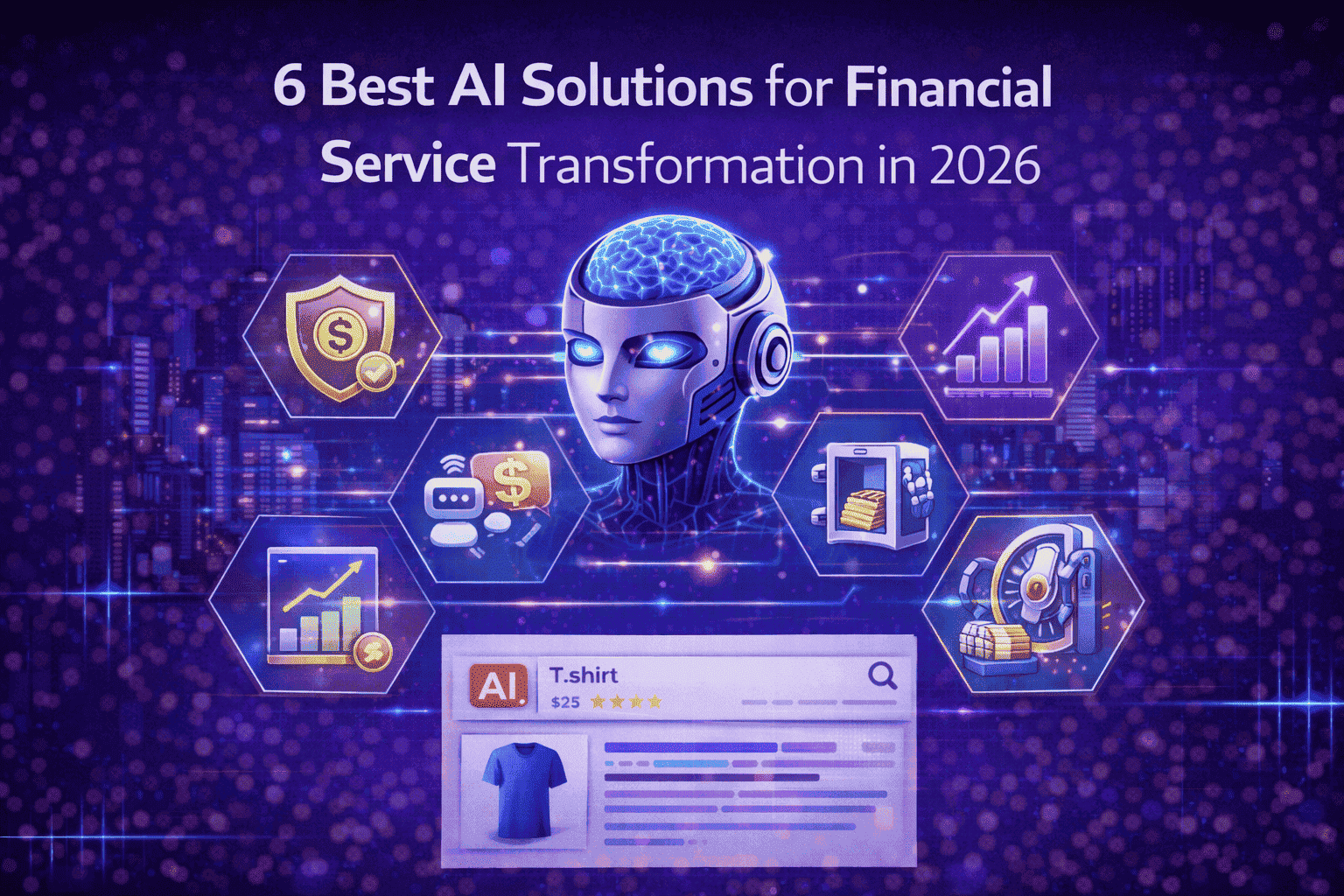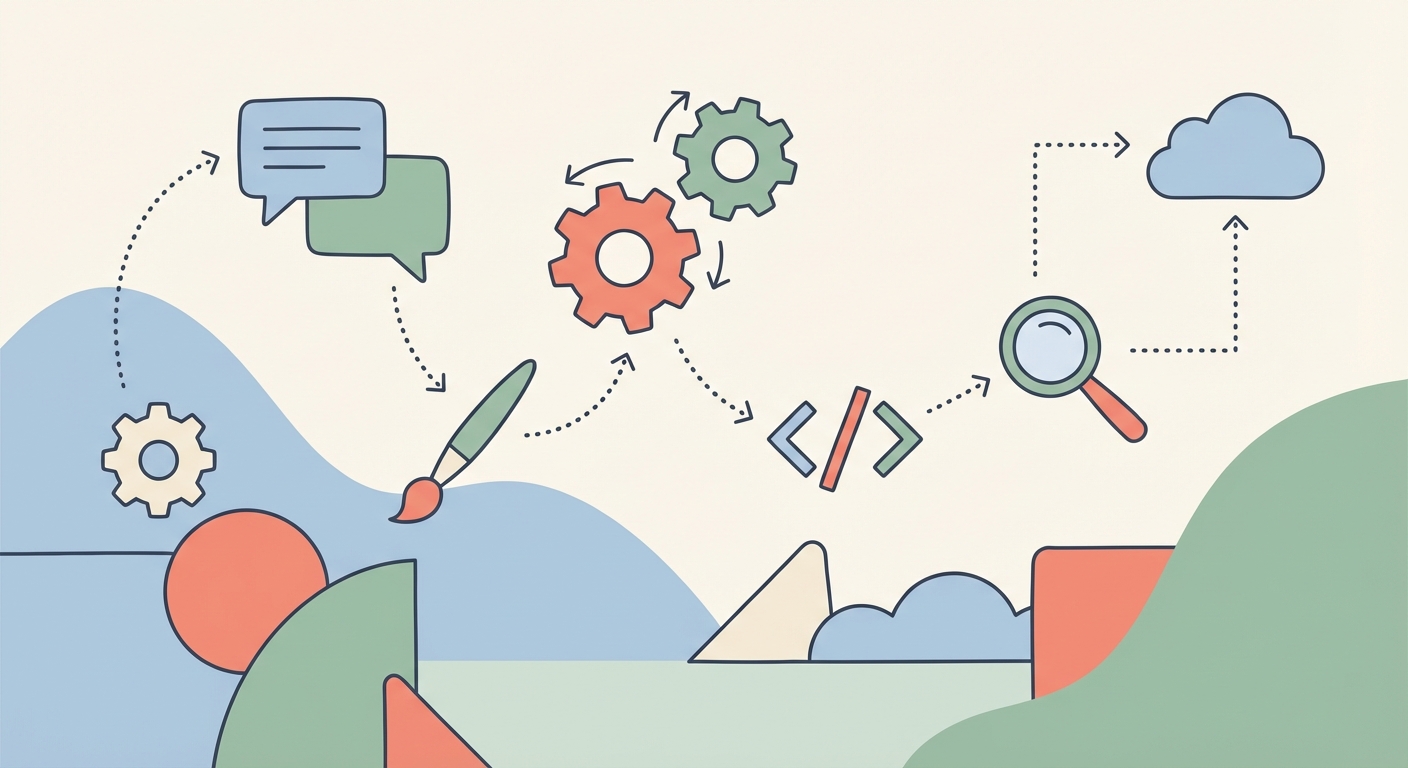Influence of Artificial Intelligence on Digital Marketing
In this article, we will discuss the correlation between artificial intelligence and digital marketing. It dissects the influence of artificial intelligence on digital marketing. Tell you what, AI has both positive and negative aspects.
Introduction to Artificial Intelligence and Digital Marketing
Statista data show that more than 80% of marketers integrate some form of AI in their digital marketing strategies. Another study showed that 88% of marketers believe they have to adopt AI to remain competitive. These figures are a clear indicator that AI has taken digital marketing by storm. And it won’t stop. Never will. It is without doubt that AI is shaping the future of digital marketing. For aspiring digital marketers, this revolution is a wild professional ride. One that is filled with so much change and uncertainty. While the power of artificial intelligence is undeniable, many have been left with many questions to ponder. What does this revolution mean to the field? Will there be more changes to come? How do these changes transform the way marketers handle digital marketing? Before we try to answer these questions, let us briefly define AI and digital marketing. Artificial intelligence includes the usage of computer systems or machines to simulate and automate human intelligence. In other words, it is using computers to perform human tasks. AI systems work by consuming large amounts of training data, using the data in pattern and correlation analyses, and applying these patterns to do tasks or predict the future. As the digital landscape evolves, becoming a full-stack digital marketer is increasingly valuable, equipping professionals with the skills to harness AI-driven insights effectively. Digital marketing refers to online marketing campaigns channelled to the target groups through digital media. Digital media in this regard can be websites, social media pages, landing pages, mobile apps, and emails. Digital marketing also entails promoting marketing campaigns through various strategies such as PPC, SEO, SEM, and advertising.
Applications of Artificial Intelligence in Digital Marketing
The next big question we need to answer is what marketers are using AI for. This is a broad area, but for the interest of this article, I will attempt to keep things brief and straight to the point. Here are some of the applications of AI in digital marketing.
Content and Image Creation
You have probably heard of the phrase: “content is king.” Even in digital marketing, content is still the king. Content represents your brand to your target audience. Marketing teams are always on their toes to create content quickly and for many purposes and channels. But the whole aspect of content creation can be sophisticated, resource- and time-consuming, and sometimes draining. Time and resources are something most content creators lack, which is where AI content creators come in handy. According to a survey conducted by Influencer Marketing Hub, 45% of marketers currently apply AI in content production. An excellent example of an AI content creator is ChatGPT and Jasper. These generative AI tools are crucial resources for marketers. For written content that could take marketers or freelancers a whole day to create, these tools can do the task in just minutes. All it takes is good prompts and you will have your masterpiece within seconds. These AI tools can create catchy headlines and create customized content that drives personalization. Marketers can also leverage them to boost influencer marketing campaigns. However, while at it, just remember AI makes mistakes, so it is wise to read and proofread to ensure content is error-free. It is not just for written content. AI can also create images and video content that appeal to the eye of your target audience. The latest ChatGPT model (GPT-4) can generate images from prompts. Discord’s Midjourney bot is another excellent example of how AI can be applied to create original images. The InVideo Studio tool and Pollo AI can create videos from written prompts. It is so easy and so convenient for marketers.
Data Analytics
Marketing data can be overwhelming, especially when it comes from multiple sources. But thanks to AI, vast volumes of data can be processed at the speed of light. Today, according to a WebFX survey, 53% of marketers use AI for data analysis. AI can detect anomalies and patterns in data. Through AI data analysis capabilities, marketers can predict trends and behaviors, gain insights, and make informed marketing decisions. The link between AI and data analysis can help drive hyper-personalization. You get to know your customers better and craft more targeted messaging and marketing campaigns. ChatGPT is a great example of an AI tool with excellent data analysis capabilities. Its advanced data analysis plugin allows you to feed it with spreadsheet data. The tool will analyze the data and give you deep insights into your marketing strategies, customer behaviors, and more.
Customer Support and Service
Customers want instant answers to their queries. The best way to provide them with the answers is by using chatbots. Chatbots can benefit brands. In fact, according to Statista, 26% of B2B marketers who used Chatbots in their marketing strategies saw a 10% to 20% increase in leads. Chatbots can help guide users to desired products and resolve around-the-clock queries. They streamline the customers’ journey and enrich the general user experience.
Customer Segmentation
Customer segmentation helps you to spot and influence the most valuable customers from a group of customers. The manual process of customer segmentation can be so daunting, which is where AI comes in to help. Artificial intelligence can help group your customers according to interests, behaviors, expectations, and needs. From here, it becomes easy to target these segments with customized marketing campaigns and messaging that can be adjusted and adapted in real time. Using Natural Language Processing, marketers can analyze customer feedback and reviews. For example, businesses who collected reviews through different means like surveys, Google review QR codes, feedback forms, or live chats often had no centralized way to process them. Now, with AI, marketers can unify these inputs—regardless of their origin—and analyze them collectively for deeper, more actionable insights. Recommendation systems can also help suggest offers, products, or services that match customers' desires.
Email Marketing Campaigns
Email marketing is an effective strategy to convert prospects and engage customers. AI can be applied in email marketing in various ways. It can be used to analyze email performance and identify the best way to optimize email campaigns. It can also help conduct campaign and workflow analysis and perform A/B testing. Additionally, artificial intelligence can create email lists by comparing metrics that determine how valuable an email address or list is.
Social Media Marketing
Artificial intelligence has revolutionized social media marketing. A perfect example of the application of AI in social media marketing is X’s (formerly Twitter) GROK tool. This is an integrated tool on the X system. The tool enables a deeper understanding of user behaviors. It analyzes dwell times, interactions, and engagements across various types of content on X. From this analysis, it becomes easy to determine what truly resonates with the target audience. Marketers can then refine their strategies to align with user expectations.
Search Engine Optimization
AI also significantly affects SEO. With the help of AI, SEO can do keyword research, SEO trend prediction, content optimization, Meta Tag usage, and predicting SEO trends.
PPC Advertising
In Pay-per-click (PPC) advertising, a site owner pays the amount when a user clicks on the ad. Being a good strategy, it can give double benefit with AI. AI helps in keyword research, ad creation, bidding and targeting, scheduling, and predictive analysis.
Influence of Artificial Intelligence on Digital Marketing
Artificial intelligence carries positive and negative influences. In this section, we will briefly examine these impacts.
Positive Influences
- Boosts Productivity: With AI, most marketing tasks are automated. Things are done faster, which saves time and resources, which can be directed to other productive and strategic tasks.
- Drives Efficiency: Artificial intelligence is characterized by efficiency. It handles tasks that seem repetitive, such as data input and analysis and replying to customer queries, more efficiently.
- Offers Great Insights: Artificial intelligence is the master of marketing insights. There is no guesswork or mistakes with the data. Every insight is perfect. This data-driven approach helps provide insights that carry much weight to marketing strategies.
- Helps Boost ROI: We do digital marketing to increase our ROI. AI helps predict users’ buying behaviors by evaluating data, improving user experiences, and providing customers with what they need throughout their journey. All these factors favor ROI.
- Cost-effectiveness: AI eliminates additional costs of digital marketing. For instance, there is no need to pay content writers to write marketing copies as AI tools can easily do this task.
- Predictive Analysis: AI uses historical data to forecast market trends and consumer behaviors. This helps with more accurate planning.
Negative Influences
- Bias: Artificial intelligence can never be inherently neutral. It can only be as effective as the data it draws. If the data is biased, so will be the output. You must always be aware of the gender, cultural, racial, and socio-economic biases that come with AI-driven approaches.
- Inaccuracy: AI tools can make mistakes of facts and figures. It is prudent to always look through the generations to ensure all output is error-free. False analyses and outputs can lead to wrong decisions.
- Ethics: AI raises a few ethical concerns. For instance, there is the issue of data manipulation and consent. There is also the “creepiness aspect,” especially in hyper-targeted ad campaigns.
- Data Sensitivity and Security: AI systems might require too much sensitive data. This calls for proper security measures like password managers and encryption
- Transparency and Originality: As AI-generated content continues to dominate digital marketing and other spheres, questions are being asked about its originality, plagiarism, and authorship.
Conclusion
Artificial intelligence and digital marketing will be co-related words in the future. We should jump to this technology to reap its fruits. This article has explained some of the areas you can apply AI in digital marketing. It has also highlighted some of the pros and cons of AI in digital marketing.




